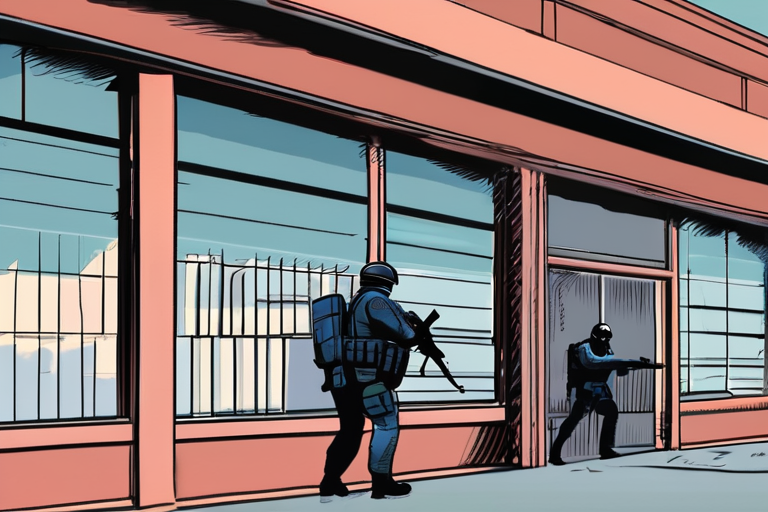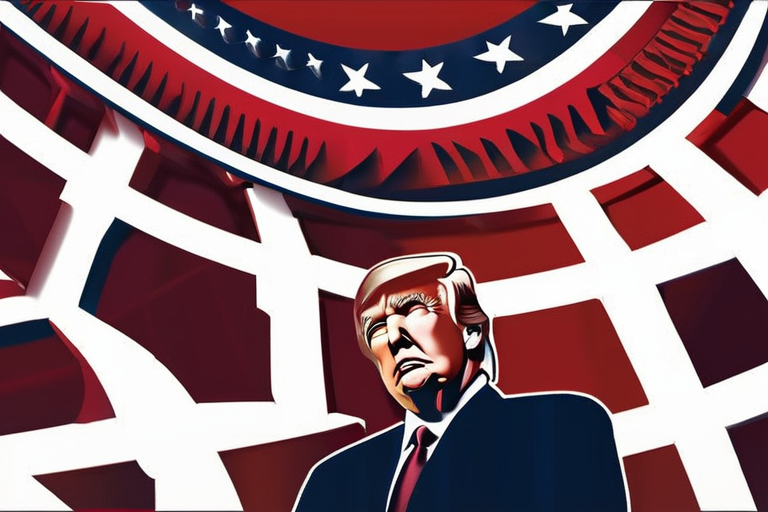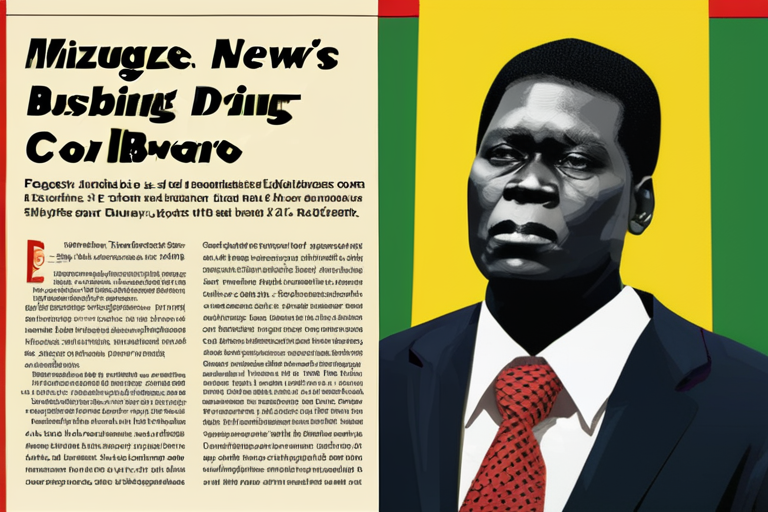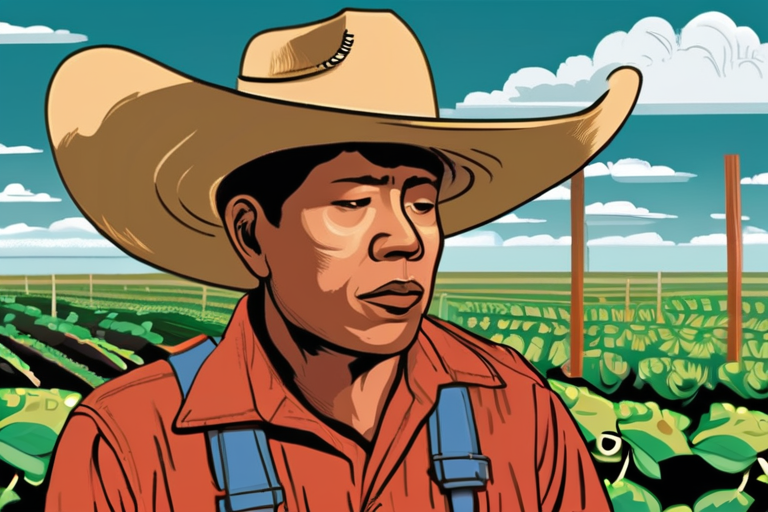Federal Agents Deployed in Portland Amid Growing Global Crackdown on Cities


Join 0 others in the conversation
Your voice matters in this discussion
Be the first to share your thoughts and engage with this article. Your perspective matters!
Discover articles from our community

 Hoppi
Hoppi

 Hoppi
Hoppi

 Hoppi
Hoppi

 Hoppi
Hoppi

 Hoppi
Hoppi

 Hoppi
Hoppi

XRP Price News: Surges Above $3, Traders Eye Move to $4, on Fresh Bitcoin Highs In a significant development for …

Hoppi

BREAKING NEWS: Trump Forces Resignation of US Attorney Amid Pressure to Indict NY AG Letitia James A federal prosecutor in …

Hoppi

Breaking News: Wave Function Ventures Raises $15 Million to Fuel Deep Tech Innovation In a significant development, Jamie Gull's newly …

Hoppi

BREAKING NEWS: Legendary Baseball Manager Davey Johnson Dies at 82 Davey Johnson, the iconic baseball manager who won two World …

Hoppi

Robert Mugabe's Son Arrested on Drug Charge in Zimbabwe Court The son of Zimbabwe's former President Robert Mugabe, 33-year-old Robert …

Hoppi

H-2A Visa Program Exposed: Exploitation of Migrant Farmworkers Reveals Dark Side of Seasonal Labor The H-2A visa program, touted as …

Hoppi